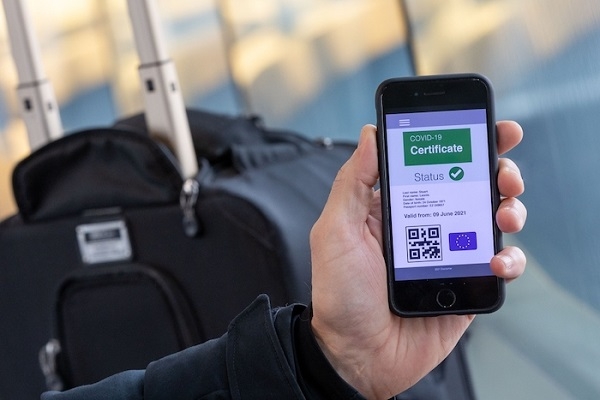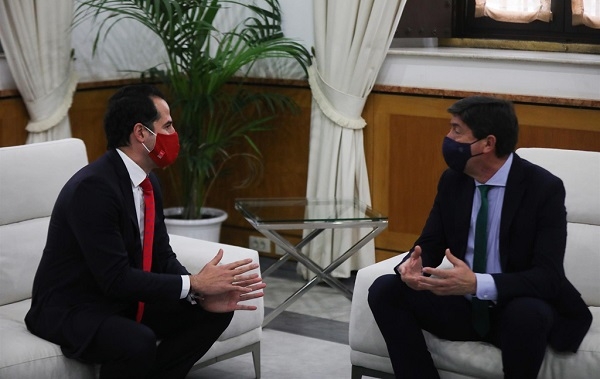
Andalusia, Galicia, Murcia and the Canary Islands offer their visitors policies that cover the costs of coronavirus infections.
The autonomous communities are fine-tuning their promotional strategies for the summer, in a context marked by the coronavirus, in which any tool to attract tourists is more than welcome.
The development of the pandemic has marked the actions of the regions, most of which have launched direct aid for companies and are preparing campaigns to seduce international travellers, but only some autonomous communities have opted for more creative solutions such as free insurance.
The idea is to generate confidence and ensure that tourists do not stop travelling because they think that in the event of contracting COVID-19 they will suffer numerous inconveniences and incur costly expenses. The communities that have decided to introduce this insurance also consider it to be an incentive for the recovery of the economy, as well as to consolidate the image of a safe destination.
Galicia, for example, has allocated 1.4 million euros to its health insurance, which will be available to all travellers and pilgrims residing outside the autonomous community and staying in a regulated establishment, throughout 2021.
The insurance aims to cover medical, surgical, pharmaceutical and hospitalisation expenses arising if the beneficiary contracts the COVID-19 in Galicia. It also includes the expenses that may arise from repatriation or the extension of the stay due to quarantine, including those of family members or companions. Coverage ranges from 500 euros to 15,000 euros.
There is only one reason why the insurance will not be valid: if the visitor has contracted the disease before arriving in Galicia or has made the trip when it was not recommended or prohibited by the health authorities in the country of origin.
The Canary Islands also have, until 31 August this year, an insurance policy not only for foreign and national tourists visiting the archipelago, but also for residents visiting other Canary Islands territories.
As conditions, the Canarian government stipulates that the stay must be a minimum of one night and a maximum of 30 days, that they must be staying in regulated tourist establishments and that they must have obtained a positive PCR during their stay in the islands.
The policy includes medical, surgical, pharmaceutical and hospitalisation expenses derived from COVID-19, transport or medical repatriation of the wounded and sick and expenses for extending the insured's stay in a hotel, including in the case of quarantine or imposed confinement.
A "key" tool to boost recovery
Along the same lines, Andalusia offers free insurance throughout the year to non-resident international travellers. They must stay in regulated establishments - hotels, tourist flats, guesthouses, hostels, aparthotels, campsites and rural houses - and the cover has no age limit, but excludes circumstances known to the insured prior to the trip.
The policy includes medical, surgical and hospitalisation expenses; those relating to transport and repatriation; the ambulance or transport of the sick person from the place of first diagnosis to the hospital centre prescribed by the doctor in charge; the costs of returning to the place of holiday from the hospital where he/she has been treated, and repatriation.
Finally, the Government of Murcia has earmarked 600,000 euros for the tendering of a travel assistance insurance policy to cover the risks arising from the COVID-19 pandemic. The government considers this action to be a key tool for boosting the sector's recovery.
The objective is to ensure that national and international tourists arriving in the Region of Murcia between June 2021 and June 2022 are covered for health expenses, specifically medical, surgical, pharmaceutical and hospitalisation expenses; repatriation or return home for health reasons; repatriation or return due to death and the extension of stay due to quarantine or isolation due to COVID-19. The authorisation of the expenditure corresponds to two financial years: 300,000 euros for 2021 and the same amount to be paid in 2022.









